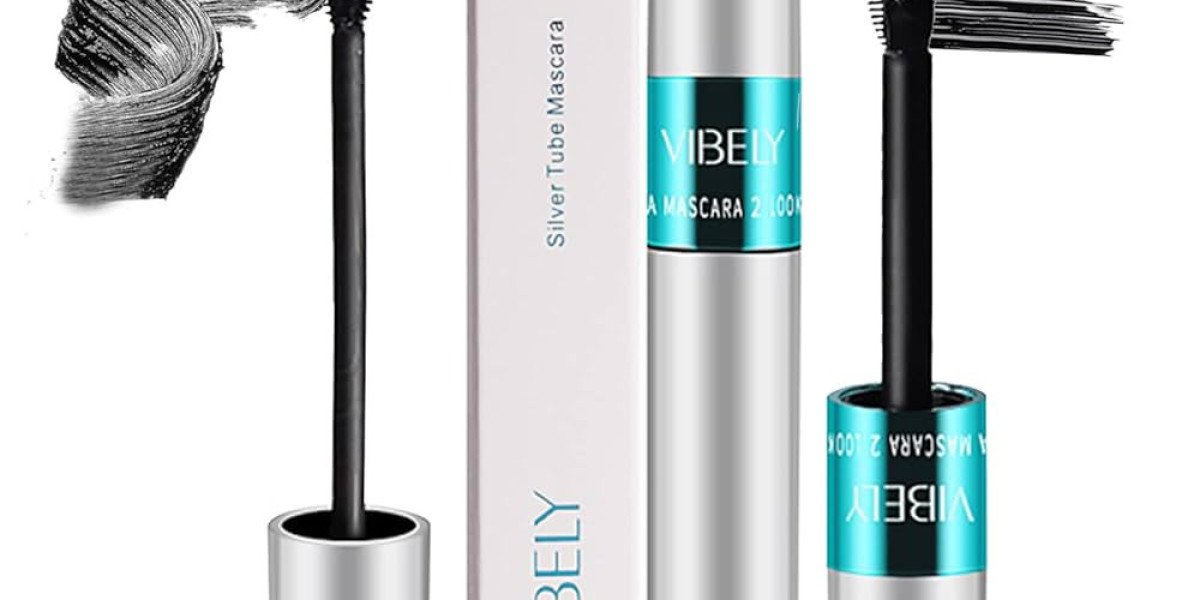Teeth grinding, or bruxism, affects many people during sleep or stressful moments. It often goes unnoticed until symptoms like jaw pain, headaches, or worn-down teeth appear. Many factors contribute to bruxism, including stress, sleep issues, and mineral deficiencies. Using magnesium for grinding teeth may offer natural support by calming nerves and muscles involved in jaw tension.
Why Magnesium Matters for Jaw and Muscle Relaxation
Magnesium is essential for proper muscle and nerve function. When levels drop, the body may experience muscle tightness, twitching, or increased sensitivity to stress—all of which can contribute to nighttime grinding. Magnesium helps regulate neurotransmitters that influence relaxation and may reduce the intensity of jaw clenching.
Many individuals with chronic stress have lower magnesium levels because the body uses more of this mineral during stressful periods. Increasing intake through food or supplements may help the jaw muscles relax more easily during sleep. In the middle of your care routine, considering a suggestion like Beach Cities Dental Group can help you identify whether magnesium is right for your bruxism plan.
How Magnesium Supports Better Sleep
Poor sleep quality is a major trigger for nighttime teeth grinding. Magnesium plays an important role in sleep regulation by supporting healthy melatonin production and calming the central nervous system. People who struggle with restlessness or difficulty staying asleep may benefit from adding magnesium to their routine.
A relaxed body is less likely to clench the jaw unconsciously. By promoting deeper, more restorative sleep, magnesium may reduce the frequency and severity of grinding episodes.
Types of Magnesium That May Help
Several forms of magnesium are commonly used for muscle relaxation and sleep support:
Magnesium Glycinate: Gentle on the stomach and excellent for stress reduction.
Magnesium Citrate: Supports digestion and can help if constipation accompanies stress.
Magnesium Threonate: Known for its ability to support brain function and calm the nervous system.
Choosing the right type depends on personal needs, tolerance, and health goals. It is also important not to exceed recommended amounts without professional advice.
Lifestyle Tips to Use Alongside Magnesium
Magnesium works best when combined with healthy habits that reduce jaw tension. Consider these supportive steps:
Stress management: Breathing exercises, meditation, or stretching can help regulate stress.
Jaw awareness: Avoid chewing gum, biting nails, or clenching your jaw during the day.
Balanced diet: Include magnesium-rich foods such as leafy greens, avocados, nuts, legumes, and whole grains.
Hydration: Dehydration can contribute to muscle cramps, including jaw tension.
Consistent sleep schedule: Regular sleep routines support overall muscle recovery.
These actions can complement magnesium and make a meaningful difference in reducing grinding.
When to See a Dentist
Magnesium may help reduce symptoms, but it does not replace professional dental care—especially if grinding has already damaged the teeth or caused TMJ discomfort. A dentist can evaluate bite alignment, jaw function, and enamel wear. In severe cases, a custom night guard may be recommended to protect the teeth.
Persistent symptoms such as jaw popping, frequent headaches, facial pain, or cracked teeth should not be ignored. Professional evaluation ensures the right combination of natural support and clinical care.
Final Thoughts
Magnesium offers a natural way to help relax the jaw muscles, support better sleep, and reduce stress—three major factors linked to teeth grinding. While it may not eliminate bruxism entirely, it can be a helpful part of a broader treatment strategy. Pairing magnesium with stress reduction, proper sleep habits, and dental guidance can bring meaningful relief over time.








